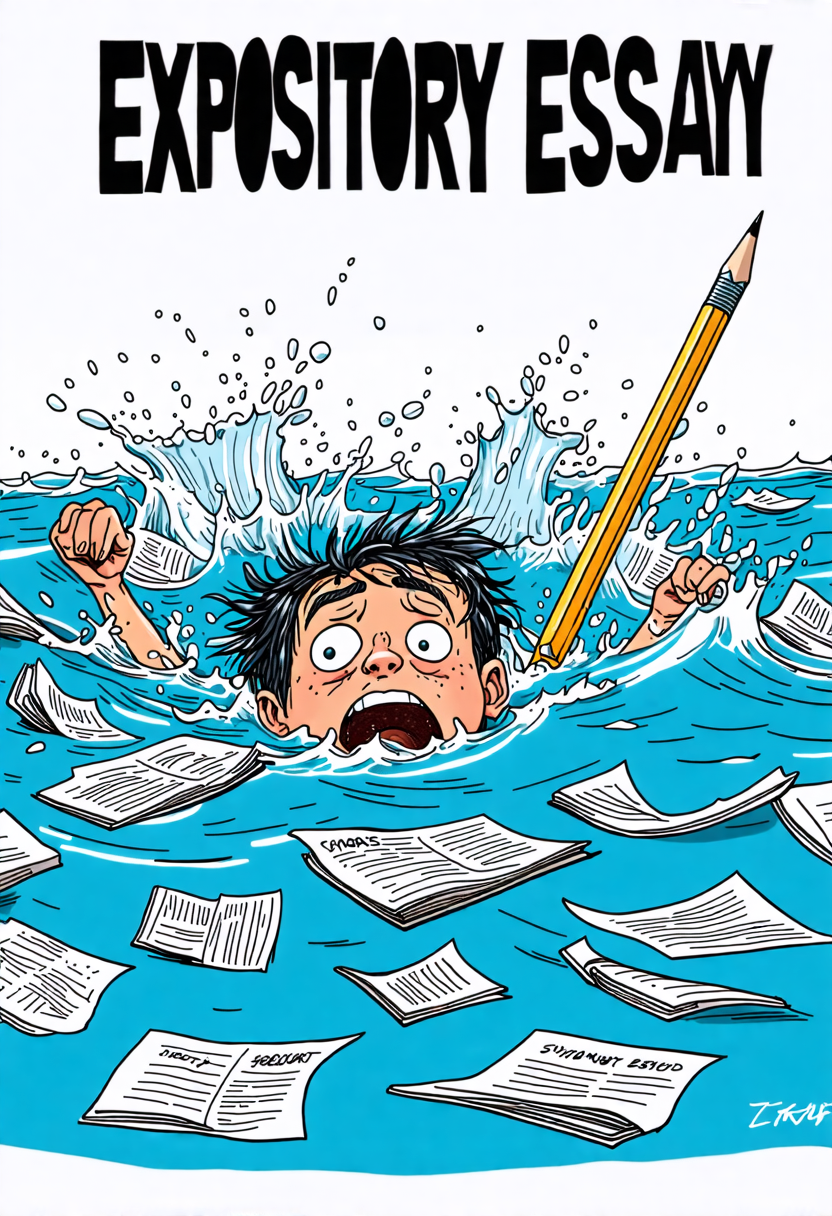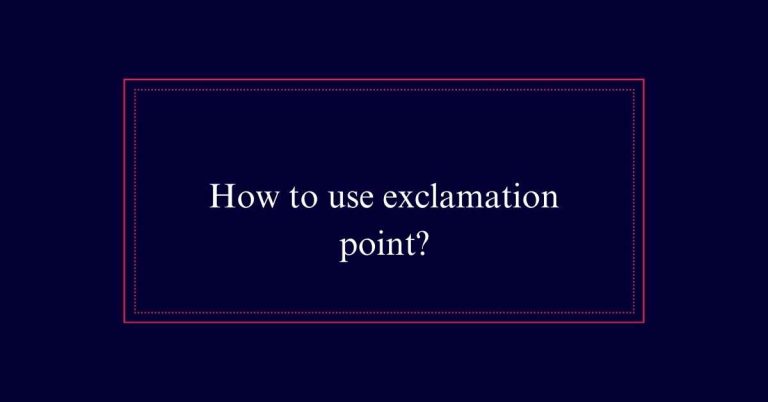Expository Essays
Expository essays explain facts and ideas clearly without personal opinions. Their purpose is to educate the reader by providing clear, factual information. Types of expository essays include classification, definition, process, compare-and-contrast, and cause-and-effect.
Each essay starts with a thesis statement, uses simple language, and every paragraph covers one main idea supported by evidence. Key elements also include effective changes, staying neutral, and thorough proofreading.
What Are Expository Essays
Expository essays are pieces of writing that explain facts and ideas clearly. You’ll focus on delivering information without adding your personal opinions. This type of writing is all about presenting facts, observations, and explanations. You might use structures like compare and contrast, process essays, or cause and effect analysis.
Mastering expository essays is essential for students. It helps you learn to communicate information effectively. Remember, expository writing is one of the four main types of writing, alongside persuasive, narrative, and descriptive.
The Purpose of Expository Writing
The main goal of this type of writing is to educate the reader with clear, factual information. You aim to present facts, processes, and explanations without injecting personal opinions. Expository writing helps you clarify complex ideas for others. It’s about making information accessible and understandable.
Here’s how expository writing serves its purpose:
| Purpose | How It Helps | Example |
|---|---|---|
| Inform | Presents data clearly | Articles, reports |
| Explain | Breaks down concepts | How-to guides, manuals |
| Describe | Offers detailed insights | Definitions, descriptions |
| Analyze | Examines details | Cause-and-effect essays |
Types of Expository Essays
Understanding the different types of expository essays helps you choose the best way to present your facts and ideas. Each type has a unique focus and structure, making it essential to pick the right one for your topic.
Here are five common types of expository essays:
- Classification Essay: Breaks a topic into categories.
- Definition Essay: Explains the meaning of a term or concept.
- Process Essay: Provides a step-by-step guide on how to do something.
- Compare-and-Contrast Essay: Highlights similarities and differences between two subjects.
- Cause-and-Effect Essay: Analyzes the reasons for and consequences of an event or situation.
Key Features of Expository Essays
When you write an expository essay, it’s key to focus on presenting clear and factual information. Your goal is to inform the reader without injecting your own opinion.
Start with a well-defined thesis statement that guides your essay. Use simple language and short sentences to make your points easy to understand. Each paragraph should cover one main idea, supported by evidence or examples.
Use connecting words to link your ideas smoothly. Avoid using jargon or overly complex words. Verify your information is accurate by cross-checking your sources.
Structuring Your Essay
To write a clear expository essay, start with a solid structure. Begin with an introduction that grabs attention.
Follow with body paragraphs that each focus on one main idea.
End with a conclusion that wraps everything up neatly.
Use linking words to connect your ideas smoothly. This structure helps your essay stay focused and easy to follow.
- Introduction: Hook your reader.
- Thesis Statement: Clearly state your main idea.
- Body Paragraphs: Each one should cover a single point.
- Linking Words: Use them to connect ideas.
- Conclusion: Summarize and close your essay.
Crafting a Thesis Statement
Crafting a strong thesis statement is essential for guiding your expository essay. This one sentence tells your reader what to expect. Start by narrowing down your topic to a specific aspect. Your thesis should be clear and concise. It needs to state the main idea and your stance without being too broad or too narrow.
Use simple language and avoid vague terms. For example, instead of saying ‘many factors,’ specify which factors. Your thesis is your essay’s backbone, so make sure it’s strong and direct.

Place it at the end of your introduction. This way, it sets the stage for the information you’ll present. A well-crafted thesis keeps your writing focused and your reader engaged.
Developing Body Paragraphs
Developing strong body paragraphs is essential for effectively conveying your thesis in an expository essay. Each paragraph should focus on a single point that supports your thesis.
Start with a clear topic sentence. Then, provide evidence and examples. Explain how this evidence supports your point. Finally, conclude the paragraph by linking it back to your thesis.
To craft effective body paragraphs:
- Start with a clear topic sentence.
- Include facts, examples, and quotes.
- Explain your evidence clearly.
- Stay focused on one main idea per paragraph.
- Link each paragraph back to your thesis.
Effective Use of Transitions
You should always use connectors to smoothly connect your ideas and guide your reader. Linkers are crucial in expository essays. They help your reader follow your argument.
Words like ‘first,’ ‘next,’ and ‘finally’ show sequence. Phrases like ‘in addition,’ ‘moreover,’ and ‘furthermore’ add information. Use ‘however,’ ‘on the other hand,’ and ‘nevertheless‘ to show contrast. These words make your essay flow better.
They link your paragraphs and ideas, creating a cohesive piece. Without connections, your essay can feel choppy and disconnected. Practice using them effectively. Start by adding one or two linkers to each paragraph. Soon, it will become natural. Your reader will appreciate the clarity.
Guidelines for Neutral Tone
Maintaining a neutral tone in your expository essay is crucial for ensuring it remains factual and unbiased. Avoiding personal opinions and emotional language is key to achieving this. Stick to presenting facts and evidence, using third-person pronouns instead of first-person ones to focus on the information rather than yourself.
Here are some tips to help you maintain a neutral tone:
- Avoid personal pronouns: Use ‘it’ or ‘they’ instead of ‘I’ or ‘we.’
- Stick to facts: Present data and evidence without commentary.
- Be objective: Ensure that your feelings do not influence your writing.
- Use formal language: Steer clear of slang and colloquialisms.
- Stay consistent: Maintain the same tone throughout your essay.
Importance of Proofreading
After verifying that your essay maintains a neutral tone, it’s important to proofread your work to catch any errors. Proofreading helps you find and correct mistakes in spelling, grammar, and punctuation. These errors can make your essay hard to read and understand. They also impact your credibility as a writer.
Read your essay out loud; this helps you hear mistakes you might miss when reading silently. Use tools like spell checkers but don’t rely on them completely. They might miss context-specific errors.
Consider asking a friend to review your work. Fresh eyes can spot mistakes you overlooked. Proofreading is a critical step that ensures your essay is clear, professional, and polished. Don’t skip it.







